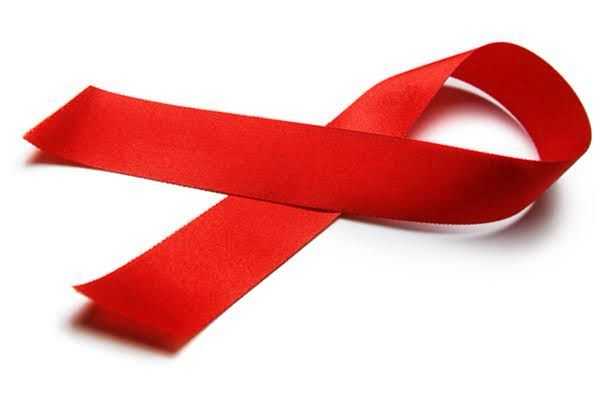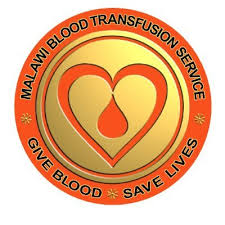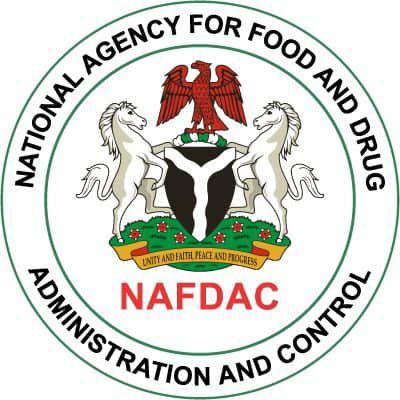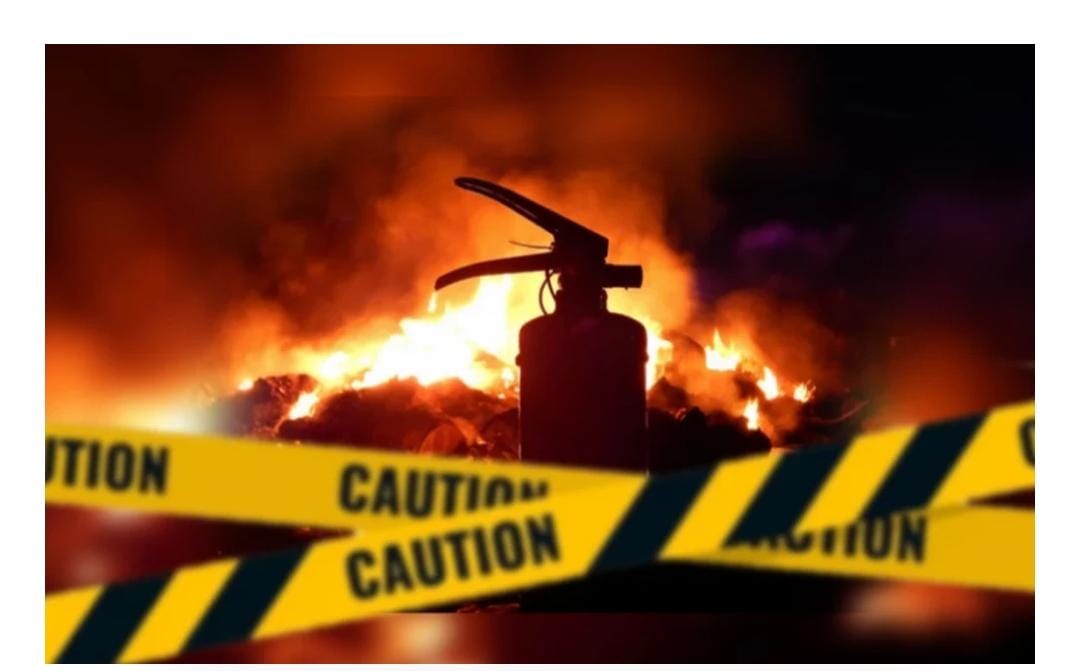NIGERIA: Kogi Battles HIV Scourge As Over 50,000 Currently Infected, Official Says

By Onoja Baba, Nigeria
Kogi State is grappling with a mounting HIV/AIDS crisis, with over 50,000 residents living with the disease, according to Ibrahim Anate, the Acting Executive Secretary of the Kogi State Agency for the Control of AIDS (KOSACA).
Anate revealed the alarming figures during a road walk in Lokoja on Monday, commemorating the 2024 World AIDS Day. Organized in collaboration with the Centre for Integrated Health Programmes (CIHP), the event aimed to spotlight the state’s ongoing struggle against HIV/AIDS.
“About 50,000 people are living with HIV presently, out of which 36,066 are receiving treatment in Kogi State,” Anate disclosed, emphasizing the dire need for heightened awareness campaigns and expanded healthcare outreach to hard-to-reach communities.
Anate painted a grim picture of the state’s efforts to combat HIV, citing security challenges that hinder patients’ access to treatment in some parts of Kogi. He appealed to Governor Alhaji Usman Ododo to urgently sign the recently passed Anti-Stigma HIV Law, a critical step in dismantling the societal barriers that deter many from seeking help.
“Stigmatization remains a major roadblock,” Anate stressed. “When the governor ascents to this law, it will empower individuals living with HIV to come forward without fear or shame, enabling them to access treatment and support.”
The state’s government, under Ododo’s leadership, has been striving to reduce the impact of the disease. Efforts include ensuring pregnant women living with HIV give birth to HIV-negative babies and providing essential support to health institutions such as the Ministry of Health and KOSACA.
Inyama Lawrencia, Technical Lead for CIHP, highlighted the troubling rate of mother-to-child HIV transmission in the state. She urged expectant mothers to attend antenatal care services to determine their HIV status early, which is crucial in preventing transmission to newborns.
“Economic hardship is a major factor,” Lawrencia noted. “Many women, despite the need, cannot afford to seek healthcare services to know their status. This has exacerbated the problem, especially in rural areas.”
Despite the grim statistics, KOSACA and CIHP remain steadfast in their advocacy efforts, working tirelessly to spread awareness and provide life-saving services to the most vulnerable. However, the battle against HIV/AIDS in Kogi faces significant obstacles, including stigma, financial barriers, and systemic challenges.
As the state commemorates World AIDS Day, the spotlight turns to Governor Ododo’s desk, where the Anti-Stigma HIV Law awaits his signature. For the thousands living with HIV in Kogi, this could be the lifeline they desperately need—a chance to live without fear, seek treatment, and contribute meaningfully to society.
categories
recent posts

Malawi Blood Transfusion Service Achieves 101% Blood Collection Target

NIGERIA: NAFDAC Reopens Onitsha Drug Market After One-Month Closure

NIGERIA: Alaafin’s Wife Charges Govt To Empower Women In Rural Areas

NIGERIA: Tinubu Embarks On Working Visit To Paris To Strategize For Second Tenure

